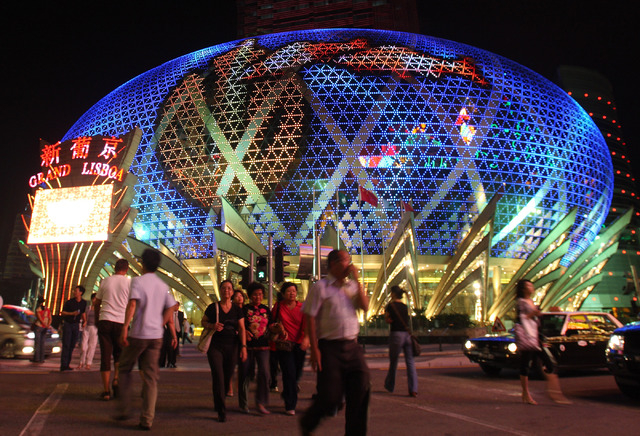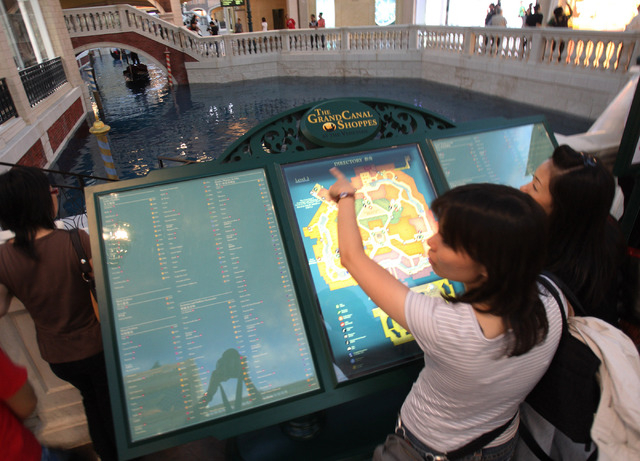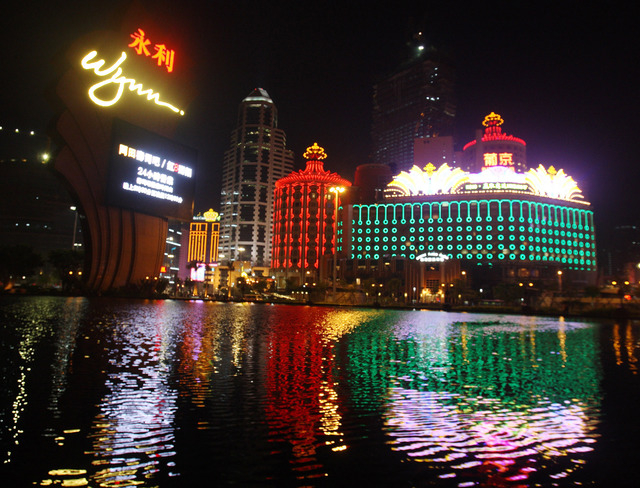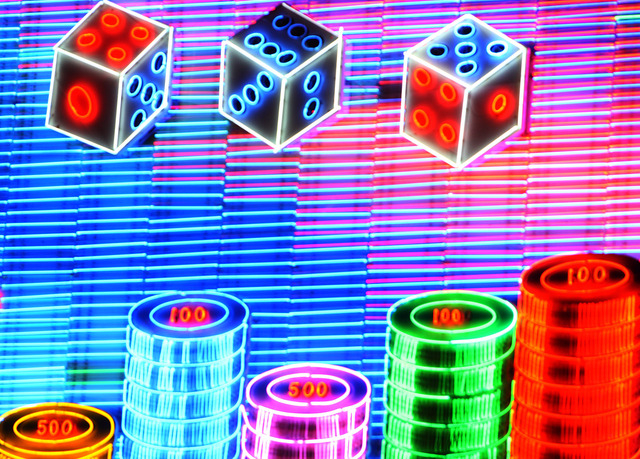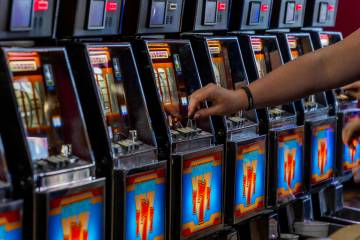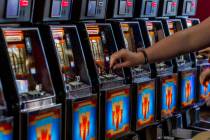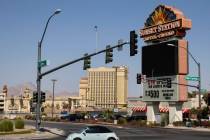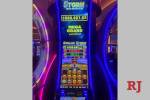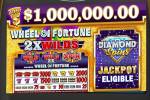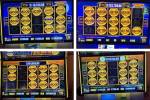Macau gambling revenue suffers first decline in more than four years
MACAU — Gambling revenue in Macau fell 3.7 percent in June on an annual basis, the first decline in more than four years, with analysts saying the soccer World Cup had diverted gamblers and their hefty bets away from the world’s largest casino hub.
The southern Chinese territory of Macau, a special administrative region, like neighboring Hong Kong, is the only place in the country casino gambling is legal.
Gambling revenue from Macau’s 35 casinos fell to 27.2 billion patacas in June ($3.4 billion) from 28.3 billion patacas a year earlier, according to data released by the Macau government on Tuesday. Analysts were expecting a drop of between 4 percent and 6 percent.
Chinese gamblers have instead been wagering on the football competition in Brazil. Authorities arrested 22 people on June 18 for their involvement in an illicit soccer betting ring according to Macau police. Betting slips the ring received in one week reached as much as HK$5 billion ($645.19 million) and the average daily amount of betting was more than HK$700 million.
While June’s casino gambling revenue decline was the first drop since the government started publishing data in 2010, some analysts expect growth in the coming months to regain momentum due to solid spending from Chinese visitors.
Over the past two months, global investors have pared bets on stocks geared to Macau after a raft of regulatory curbs sparked concerns about slowing revenue growth.
TIGHTER USE OF BANK CARD
Among the measures are restrictions on the use of state bank card UnionPay, which Chinese nationals use to get out millions of yuan. Legally they are only allowed to take 20,000 yuan ($3,200) out of China per day. To get around this, they pretend to purchase expensive items from stores using their UnionPay cards and instead of actually receiving the items, they get cash.
Retail stores dotted within the gaming areas in many of the casinos are frequently used for this purpose, serving as a quick and convenient stop for mainlanders to take out millions of yuan.
Francis Tam, Macau’s secretary for economy and finance, has said no new card device terminals will be allowed in retail stores within the casino area from July 1, but existing card devices do not have to be removed, contrasting to what Macau bankers and casino executives were told in May.
Jewelry and watch stores located inside the gaming area of casinos like U.S. billionaire Sheldon Adelson’s Venetian, located on Macau’s Las Vegas-style Cotai strip, were doing business as usual on Tuesday. Customers were still able to make transactions in UnionPay with the bank card symbol clearly displayed on store fronts.
Casino executives said on Tuesday the government was being flexible about imposing deadlines and has given retail stores until November to relocate from the gaming floor to other areas within the resort.
Many of Macau’s pawn shops and jewelry stores on the casino floor are owned by well-connected local entrepreneurs and junket operators so there is added pressure to allow the stores to keep operating, the executives said.
The casino executives spoke on condition they not be named.
NEAR-TERM CAUTION
While restrictions on UnionPay are unlikely to significantly impinge on revenue growth, analysts remain cautious on the sector in the near term, citing weighing economic factors like constrained liquidity, softening housing prices and concerns over the integrity of debt collateral, all of which are likely to add pressure on Macau’s high-roller VIP segment.
A smoking ban, set to come into effect by October, and restrictions on transit visas, are also issues that may impact the number of visitors in the coming months.
Hong Kong-listed casino and gaming stocks have fallen from 6 percent to 24 percent since the start of this year to July 1. The decline has pulled back the forward 12-month price-to-earnings ratio of Hong Kong-listed shares to 17.6.
The drop is a far cry from last year, when Hong Kong casino and gaming stocks added more than $100 billion to investors’ wealth after stocks on average more than doubled in value.
A Portuguese colony until 1999, Macau typically earns the equivalent of Las Vegas’s annual haul in less than two months. Annual revenues reached a record $45 billion in 2013, elevating the tiny territory high above rival gaming destinations.
The fundamentals of Macau’s gambling hub remain sound in the medium to long term say analysts with the opening of eight new resorts over the next three years and improving infrastructure developments that will shorten travel time to Macau.
Local authorities and top officials in Beijing are pushing to diversify Macau away from its reliance on gaming. The expansion of shows like Melco Crown’s House of Dancing Water and Sands China’s boxing events are intended to attract a wider visitor base who come to Macau for leisure and tourism rather than to play at baccarat tables.



